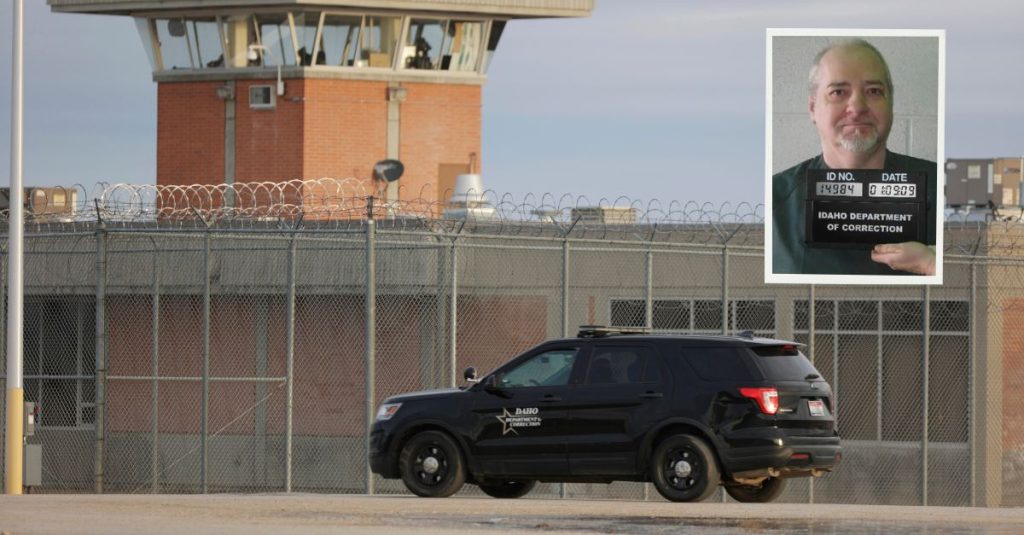The planned execution of Thomas Creech, Idaho’s longest-serving death row inmate, was abruptly halted on Wednesday after medical personnel were unable to establish an intravenous line (IV) for the lethal injection. This incident highlights the ongoing controversy surrounding capital punishment and the logistical challenges associated with carrying out executions.

A Gruesome History and a Halted Execution
- Convicted Serial Killer: Thomas Creech, 73, was sentenced to death in 1981 for the murder of fellow inmate David Dale Jensen. He was already serving multiple life sentences for separate murders at the time.
- Execution Attempt Stopped: Scheduled for February 28th, 2024, the execution was called off after the medical team failed to establish an IV line in Creech’s arm or leg, despite eight attempts.
- State Considers Next Steps: The Idaho Department of Correction announced the death warrant would expire as a result, and they are evaluating “next steps” regarding Creech’s case.
A Notorious Case and Ongoing Debate
- Additional Murder Convictions: In addition to the inmate murder, Creech is believed to be responsible for the deaths of at least six other individuals and has admitted to killing upwards of 40 people.
- First Execution in 12 Years: This halted execution was to be Idaho’s first in 12 years, further demonstrating the rarity of capital punishment in the state.
- Death Penalty Debate Revived: The incident reignites discussions regarding the ethics and effectiveness of the death penalty, with concerns about the possibility of wrongful convictions and the humane treatment of individuals on death row.
Logistical Challenges and Ethical Concerns
- Difficulties with Lethal Injection: This event is not an isolated incident. Alabama faced similar challenges in 2022, calling off two executions due to issues with establishing IV lines.
- Firing Squad as an Alternative: Idaho, like some other states, has authorized the firing squad as an alternative execution method if lethal injection proves unavailable or unconstitutional. However, the state currently lacks facilities for such executions.
- Ethical Considerations: The inability to successfully carry out an execution raises ethical concerns about the potential for prolonged suffering and raises questions about the effectiveness of the death penalty as a deterrent.
Looking Ahead: Unanswered Questions and Uncertain Future
- Future of Creech’s Case: The Idaho Department of Correction remains undecided on whether to seek a new death warrant for Creech or pursue alternative methods of execution. Obtaining new lethal injection drugs might also present challenges for the state.
- National Landscape of Capital Punishment: This incident contributes to the ongoing national conversation surrounding the death penalty. With declining numbers of executions nationwide, discussions on the potential abolition of capital punishment continue.



